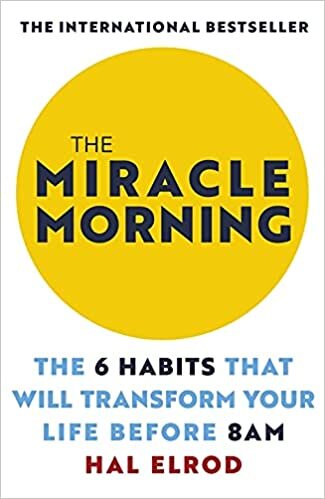How to (not) fool yourself
“The principle is that you must not fool yourself, and you are the easiest person to fool.” – Richard Feynman
I care that I see the world as clearly and truthfully as I possibly can. I can offer a number of explanations as to why I started to care, but I really don\’t know why. What I do know is that the perceived effect of caring feels like a lot of hard, meaningful work. It feels like a power that can\’t be bought or sold. A game that cannot be won or lost, but continued on forever.My own biases and limitations are the worthy opponent, those existential qualities that make me the easiest person for me to fool. Richard Feynman, famed physicist, clarifies how we can stay vigilant in his 1974 CalTech commencement address, \”Cargo Cult Science\”. Feynman explains that much of how people perform \”scientific\” research lacks integrity. We incentivize researchers to sound convincing, at the expense of being honest. The problem with that is that it lets us cherry-pick evidence to support what we already believe, call this \”scientific\”, and feel more secure in our position (I may be doing it right now by writing this essay, though the goal is to accept my insecurity).I say \”we\” because this is not just about science, but how we fool ourselves, and get fooled by other people, on a daily basis.I can make up a story to explain anything, and convince myself that I\’m right, without sufficient evidence. Maybe I want to believe that Fauci set up COVID-19 to make money, or China did it to destroy the U.S., so I find \”evidence\” to support my belief. One of these theories may become more legitimate as things develop. Either way, I am only seeing \”clearly\” with hindsight. People say it\’s 20-20 because the mind creates an explanation that feels obvious, then we rely on it as truth. But the saying also implies that the ability to construct a story after the fact has nothing to do with the ability to accurately assess the present moment or predict the future, which would suggest actually knowing what\’s going on.In the mysterious, shifting fog of life, we feel insecure about our ignorance. I think this experience motivates us to delude ourselves so that we feel in control, which also makes us susceptible to blindly accept a convincing argument, whether it be from an Apple commercial, Twitter, or a charismatic person. None of it has to actually be true, but feel true.This does not mean that our feelings, beliefs or stories are wrong. They are foundational tools for making sense of our surroundings. As more information floods into our minds through the Internet, having a believable story is all the more valuable. But like all tools, their usefulness is equalled by their limitation. Every feeling and idea is limited and therefore incomplete, but not necessarily wrong. However, to fool yourself is to believe that they\’re completely right and everything else is wrong. To fool yourself is to take yourself seriously, resist change, and sacrifice long-term growth for short-term comfort.Feynman wished the CalTech graduates, \”the good luck to be somewhere where you are free to maintain the kind of integrity I have described, and where you do not feel forced by a need to maintain your position in the organization, or financial support, or so on, to lose your integrity. May you have that freedom.\”The realization of Feynman\’s wish would be transformational. Environment is crucial. External incentives are crucial. The way that we design organizations is paramount to achieve freedom for all, and affirm people\’s innate integrity and curiosity. But that can\’t be the only solution when it is infeasible for most people. We need to recognize and seize all of the opportunities available to us right now.Admit \”I don\’t know\”. Welcome evidence and people that disagree with you. Understand how you might be wrong, so that you can ask others for their perspective, rather than get defensive when they say you\’re wrong. All of this is a practice in self-acceptance. We do not have to feel shameful about our ignorance, but can recognize it as the great advantage that it is.
Further Reading
Jia Tolentino, The Internet is an engine of self-delusionSocrates in Plato\’s Apology, \”for he knows nothing, and thinks that he knows. I neither know nor think that I know. In this latter particular, then, I seem to have slightly the advantage of him.\”Ethan Tan, Understanding reality is your greatest leverageYuval Noah Harari, We rule the world because we cooperate. We cooperate because we believe in fictionAnnie Duke, \”Uncertainty is an advantage\”Paul Graham, Keep Your Identity SmallNassim Taleb, The Facts are True, the News is FakeBruce Lee, \”Rigidity is death. Pliability is life.\”

